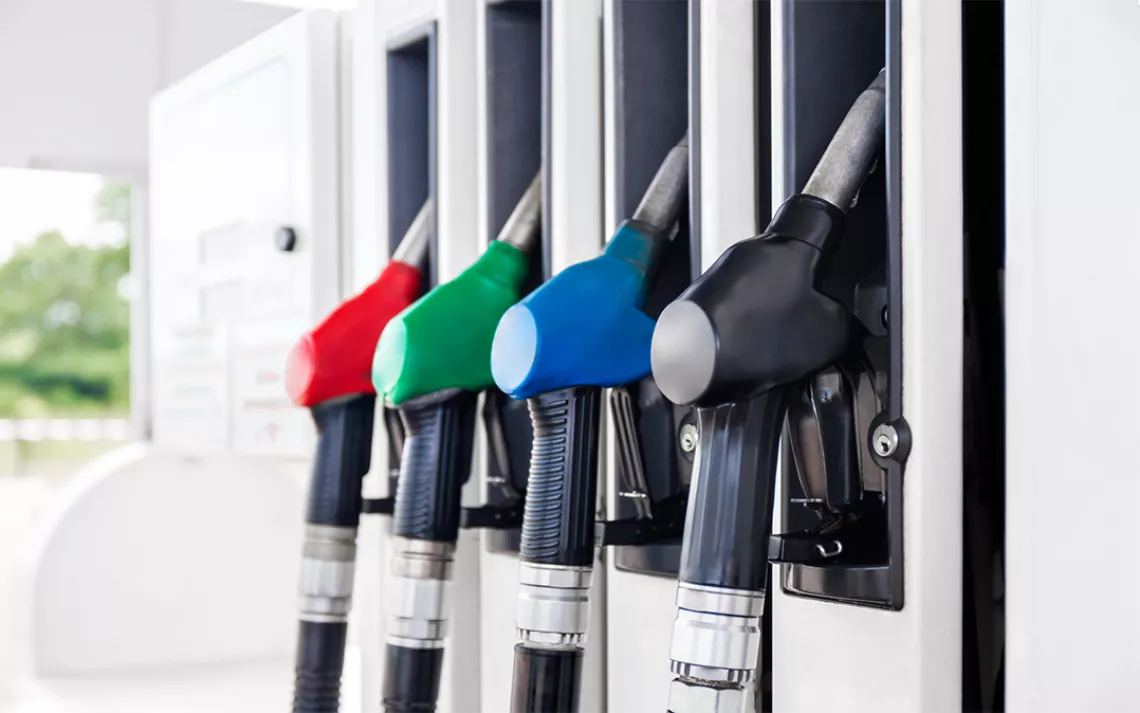Does Premium (High Octane) Gasoline Pollute Less Than Regular Gas?
Mr. Green delivers a high-octane response

Photo by Yury Gubin/iStock
Hey Mr. Green,
Does premium (high octane) gasoline pollute less than regular gas?
—James in Chicago
Higher-octane juice won’t reduce pollution or emissions at all, according to a study recently done by the American Automobile Association. Fewer than 20 percent of the cars on the road today have engines designed specifically to burn premium gas, which is what they should be running. For other vehicles, the AAA found that “premium gasoline did not produce more horsepower, result in better fuel economy, or produce fewer tailpipe emissions.”
Indeed, it seems that the biggest beneficiaries of premium gas are its manufacturers and dealers. After surveying national refueling habits, the AAA also estimated that drivers wasted $2.1 billion dollars last year pumping premium gas into cars that didn’t need it because it could not improve engine performance.
But this does not mean that all gasoline is created equal. The AAA discovered that gasoline containing lower levels of detergents could produce 19 times as much carbon deposit in engines as those with more detergents. So lower-detergent gas can increase pollution while reducing fuel economy. Unfortunately, almost half of us buy gas that does not have enough detergent to reduce the gunk, even though the cleaner fuels cost an average of only three cents a gallon more than the dirtier ones.
So how can you be sure to find the safer-burning juice? Consult TOP TIER, which lists the cleaner brands of gasoline. Eight major automobile manufacturers already recommend TOP TIER because they have found that these fuels improve engine performance. Of course, good gasoline won’t solve our pollution or global-warming problems. We also need to drive a lot less, carpool, and take mass transit. Technology alone can’t bail us out. Cars have become more fuel efficient since the oil embargo in the 1970s, but more people driving more cars farther has actually caused us to burn billions of gallons more gas each year.
 The Magazine of The Sierra Club
The Magazine of The Sierra Club



